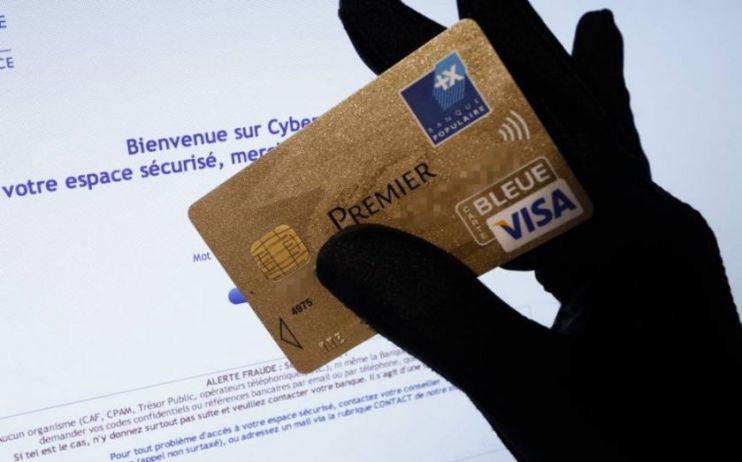Fraudsters target children as young as 11 to launder money

Identity fraud reached record highs last year and criminals targeted children as young as 11 to launder money.
Criminals targeted younger people and pensioners, the UK’s fraud prevention service Cifas revealed in its annual report.
The figures showed more than 189,000 fraud cases were reported last year with plastic card fraud proving the most common.
Read more: ‘Trusting’ millennials fall victim to Facebook and Instagram fraudsters
Cases involving money mules – people allowing their accounts to be accessed to move around illegal funds to launder money – soared 26 per cent, the research found.
Separate research published by Barclays yesterday showed that fraudsters were increasingly targeting those under the age of 16 to become money mules.
It found that the number of money mules under 16 has increased 137 per cent last year with children as young as 11 being used by criminal gangs.
Head of digital safety at Barclays Ross Martin said: “Children as young as 11 are unwittingly becoming money mules.
“However, many often don’t understand that their actions could have serious consequences.”
The Cifas study also highlighted an “alarming” 34 per cent rise in over-60s being used as money mules, suggesting the problem wasn’t limited to younger generations.
Earlier this year UK Finance chief executive Stephen Jones warned fraudsters were using Facebook and Instagram to target millennials who are “overly trusting” of social media.
Read more: HMRC cracks down on number spoofing scams in fight against fraud
Jones told the Treasury Select Committee that social media advertising offering “money for nothing” was being used to coax students into the world of money laundering.
Santander UK’s head of retail banking Susan Allen told the same committee money mules was a big issue, causing the bank to close around 900 accounts each month.